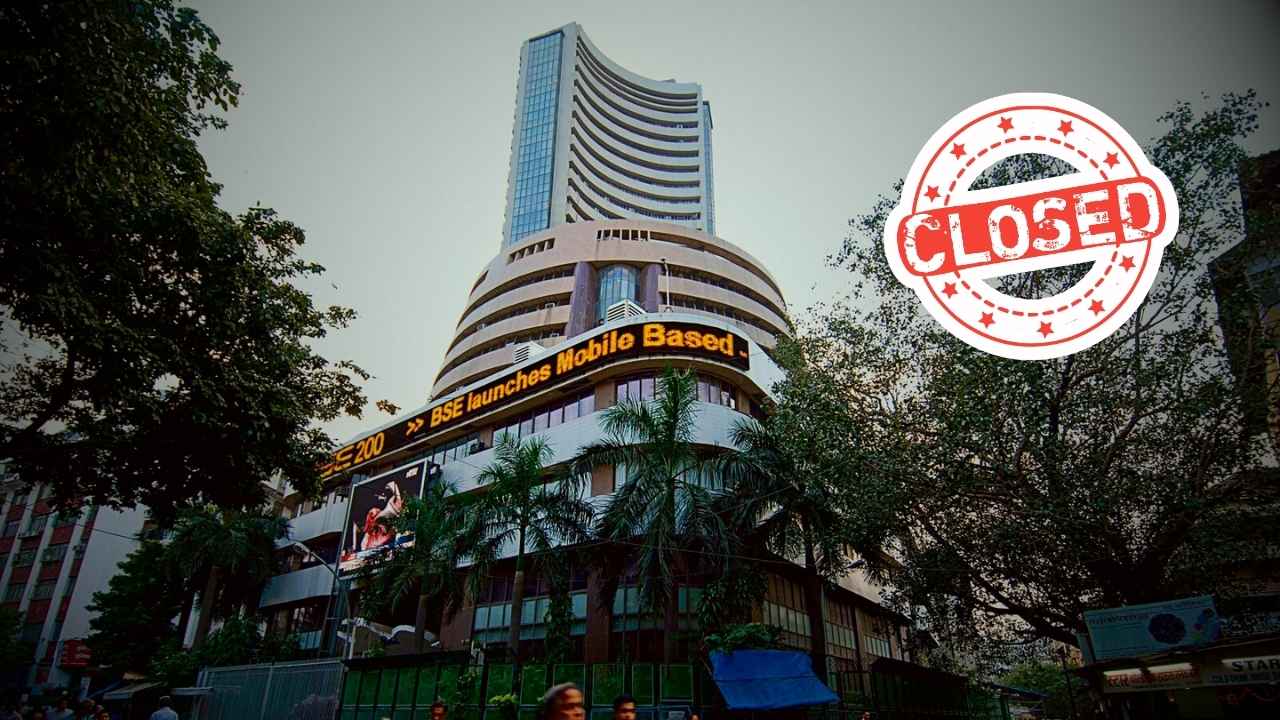The Indian stock market faced a significant downturn on Thursday, as the benchmark indices—Sensex and Nifty 50—opened more than one percent lower. This decline was attributed to unfavorable global cues following escalating geopolitical tensions in the Middle East, which have sparked fears of an extensive Iran-Israel conflict.
The Sensex plummeted by 1,264.20 points, or 1.50%, starting the day at 83,002.09, while the Nifty 50 opened 344.05 points, or 1.33%, lower at 25,452.85. Notably, the Nifty 50 has now dropped by 3% over the last four trading sessions.
All sectoral indices, with the exception of Nifty Metal, were trading in the red. The Nifty Auto, Nifty FMCG, Nifty Realty, and Nifty Private Bank indices experienced the most significant declines. Additionally, the Nifty Midcap 100 and Nifty Smallcap 100 indices also moved lower.
This market crash resulted in a substantial reduction in the market capitalization of all listed companies on BSE, which fell by over ₹5.5 lakh crore to approximately ₹469 lakh crore.
Investor sentiment was further dampened by mixed signals from Asian markets and the US stock market overnight, compounded by new guidelines from the capital market regulator, SEBI, concerning derivatives trading.
Here are five key factors contributing to the current crash of the Indian stock market:
Geopolitical Tensions: The Israel-Iran Conflict
The situation in the Middle East has escalated significantly, particularly after Iran launched around 200 missiles at Israel on October 1 in response to the killing of Hezbollah’s Hassan Nasrallah. Israel has retaliated with threats of severe consequences against Iran, which has in turn warned of larger retaliatory measures. This ongoing conflict raises concerns over regional stability and impacts investor confidence globally.
Recently, reports emerged regarding an Israeli strike on a health center in central Beirut, resulting in fatalities and injuries, further escalating tensions in the region.
SEBI’s New Derivatives Rules
The Securities and Exchange Board of India (SEBI) has tightened regulations for equity derivatives trading, raising entry barriers that have made it costlier for traders. In its latest announcement, SEBI outlined new guidelines that include reducing the number of weekly options contracts available for trading to one per exchange and increasing the minimum trading amount nearly threefold.
Puneet Sharma, CEO and Fund Manager at Whitespace Alpha, believes that while these regulatory measures can create a more resilient market environment, they also pose challenges to investor strategies. Stricter regulations on leverage and transparency, he argues, may inhibit individual investors’ ability to adapt their risk tolerance, potentially stifling innovation in trading tactics.
Sharma emphasizes that the key challenge will be for market participants to meet the new compliance standards while still fostering innovation and growth in a dynamic trading environment.
Rising Crude Oil Prices
The oil market is also under pressure as crude oil prices have surged due to fears of an escalating conflict in the Middle East, which could disrupt oil supplies from this essential region. This increase in oil prices poses a challenge for India, given that oil constitutes a significant portion of the country’s import expenditures.
Current prices show Brent crude futures rising by 1.24% to $74.82 per barrel, while US West Texas Intermediate crude futures increased by 1.37% to $71.06 per barrel.
Foreign Institutional Investors (FII) Selling Pressure
The outflow of funds from foreign institutional investors has shown no signs of abating, with FIIs liquidating equities worth ₹5,579.35 crore on October 1. In contrast, domestic institutional investors purchased ₹4,609.55 crore worth of equities on the same day, demonstrating a contrasting outlook between foreign and domestic investors.
V K Vijayakumar, Chief Investment Strategist at Geojit Financial Services, notes that FIIs might continue this selling trend as funds shift towards the cheaper valuations presented in the Hong Kong market, particularly as Chinese stocks experience a bullish phase.
Technicals Indicate Further Declines
From a technical analysis viewpoint, the Nifty 50 index has broken through critical support levels at 25,700 and 25,500. Analysts warn that a further decline below these thresholds could provoke additional selling pressure, potentially adding another 300 to 500 points in losses.
Hardik Matalia, Derivative Analyst at Choice Broking, advises traders with long positions to consider booking profits around resistance zones while awaiting opportunities for re-entry into the market during price dips.
Disclaimer: The views and recommendations expressed in this article are solely those of individual analysts or brokerage firms and do not reflect the opinions of any official entity. Investors are encouraged to consult certified experts prior to making investment decisions.











